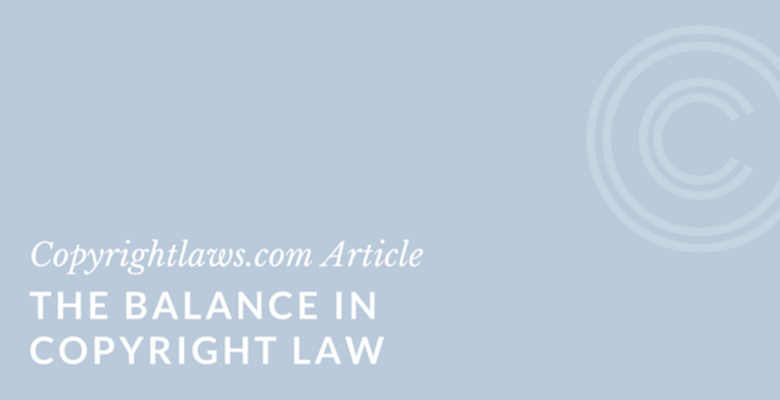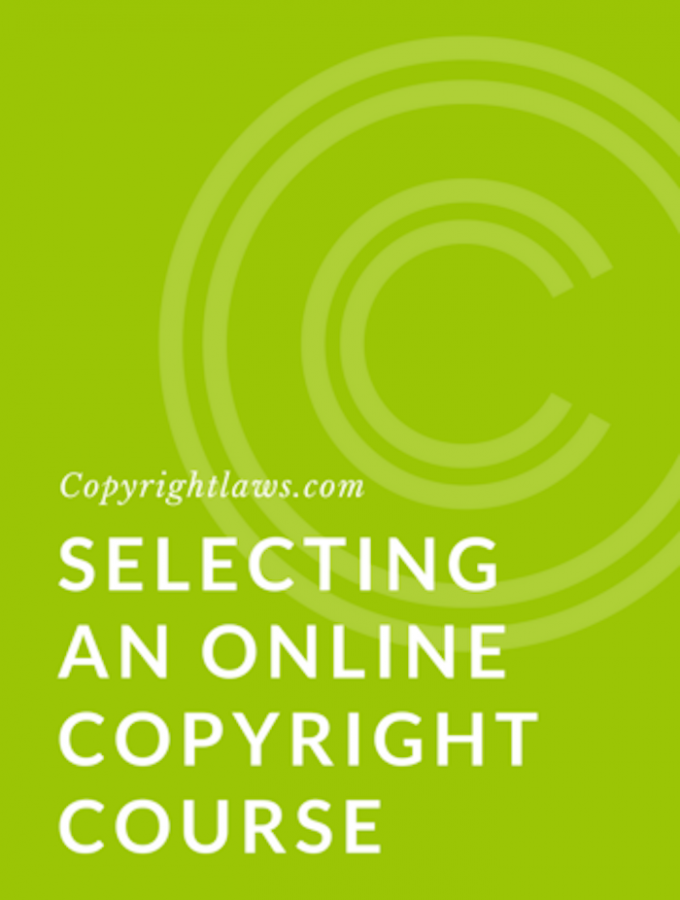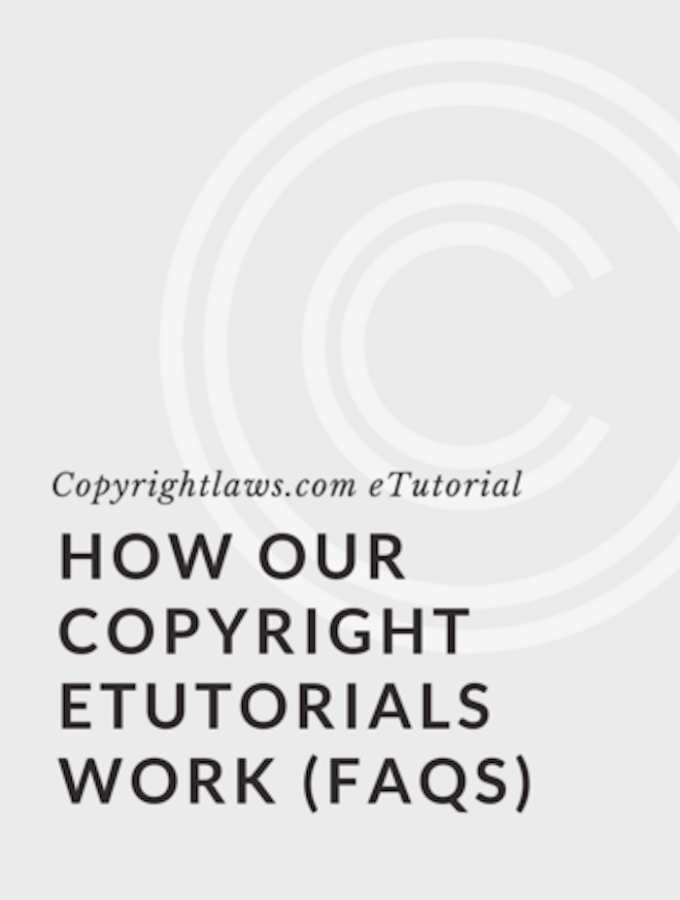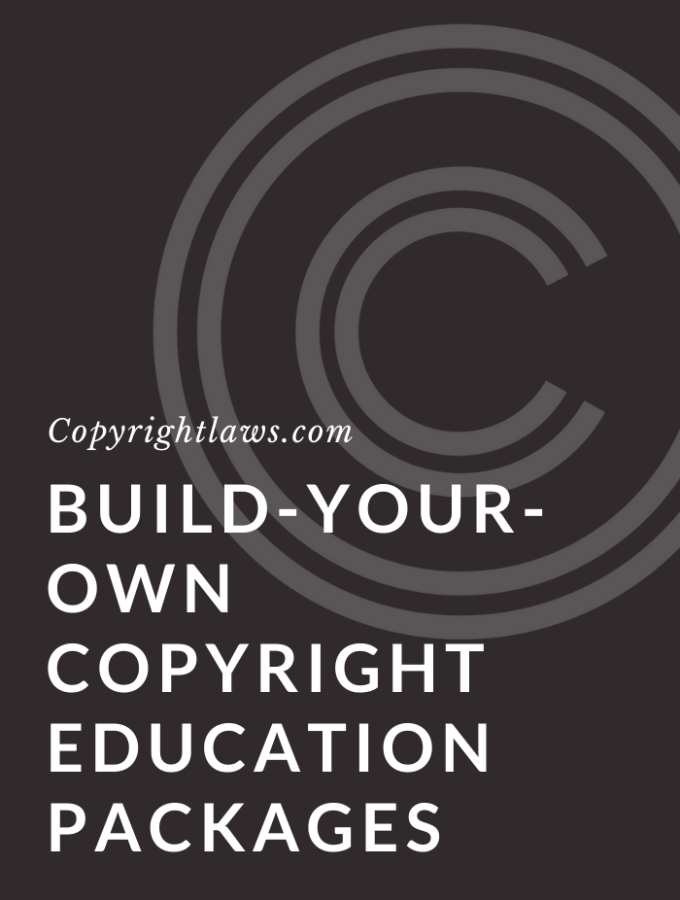
Copyright law, by its nature, is a balancing act. Each country approaches this balance from its unique perspective of laws and culture. This balance changes over time with new legislation, changes in technology and court cases interpreting the copyright act. This article briefly examines the balance in U.S. copyright law.
The Balance in U.S. Copyright Law
On the one hand, copyright law provides an exclusive bundle of rights to creators, owners and distributors of copyright-protected materials. On the other hand, these rights are limited in time and scope.
For example, an author of a book in the U.S. automatically has copyright protection for their entire life plus 70 years after their death. During this time, the author and their heirs have exclusive rights such as the right to:
- Publish the book
- Translate it
- Make an adaptation of it into a screenplay or movie, without obtaining any permissions or paying any royalties
Scope of Rights
In addition to duration of copyright protection, balance is evident in the scope of rights granted to authors, as many of the exclusive rights of authors are subject to exceptions. The perspective of librarians, for example, is to have reasonable access, sometimes without obtaining permission or paying a fee, to specific copyright-protected materials.
Internationally Speaking
Although inherent in each country’s copyright laws, the balance is also set out in the leading international copyright instrument, the Berne Convention. Under Berne, authors and owners of copyright-protected works have certain exclusive rights regarding reproduction. All Berne Convention countries must provide these rights for at least 50 years after the author’s death. Many countries such as the U.S. go further and provide the rights for 70 years after the author’s death.
Exceptions
In terms of exceptions for libraries and other consumers of copyright-protected materials, the Berne Convention permits each member country to provide exceptions in certain special cases as long as they meet both requirements of the following test. Exceptions can't:
- Conflict with the normal exploitation of a work
- Unreasonably prejudice the legitimate interests of the author
Exceptions for library preservation, fair use or fair dealing may meet this test and exist in many copyright laws around the world.
Each country may interpret these Berne requirements in a different manner, thus resulting in a variety of exceptions in different domestic statutes around the world.
In the U.S. Copyright Act, the fair use provision is available to all consumers of copyright-protected materials, including librarians. In addition, there are specific exceptions for qualifying libraries and archives for such acts as the archival reproduction of unpublished works, and the replacement of lost, damaged or obsolete copies, under specified circumstances.
Educational institutions in the U.S. also have a number of exceptions available to them.
Moral Rights
An interesting example of how various countries balance the rights in their copyright statutes is in the area of moral rights. Moral rights protect the reputation and honor of authors of works. These rights allow an author to have their name on their book, painting or other work, and to prevent any modifications to that work that may prejudice the honor and reputation of the author/artist.
In France, moral rights apply to all copyright-protected works, last forever (even beyond the duration of protection of economic copyright rights, such as reproduction), and may not be waived. Moral rights are passed onto heirs upon the death of the author.
In the U.S., moral rights (which apply only to limited works of visual art), last for the life of the author and may be waived. See our article Moral Rights in U.S. Copyright Law.
Digital Balance
Each time a copyright amendment bill is passed, we see newspaper headlines discussing the imbalance proposed in that bill. Headlines vary from copyright owners gaining too many new rights, to consumers being locked out of access to digital works.
Issues such as the following continue to raise the ongoing debate of how to achieve balance in the online, global world between the rights of authors and owners, and the communities who access their works:
- Private copying
- Fair use and exceptions for libraries, archives, museums, and educational institutions
- Digital locks on online content
- Sharing and reproduction of digital content by consumers
To further enhance your knowledge about both U.S. domestic and global copyright law
and gain practical strategies to help you answer copyright questions in your enterprise
and lower copyright risk, see our Copyright Leadership Certificate.



